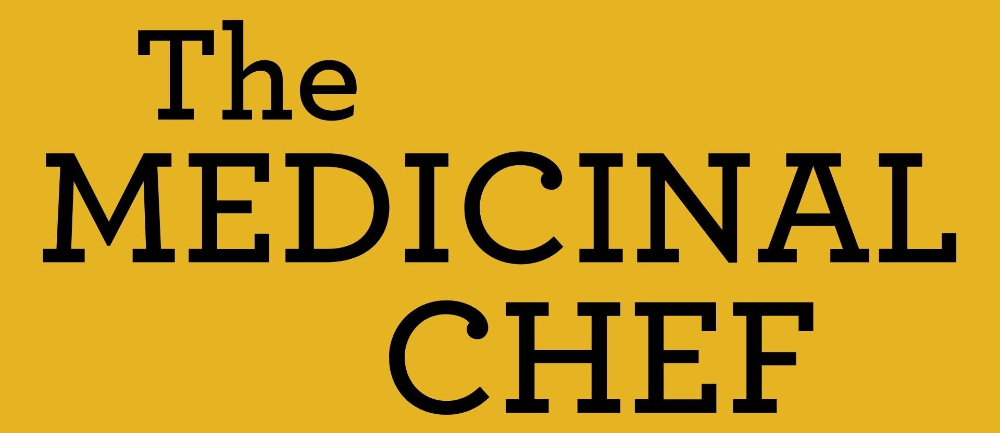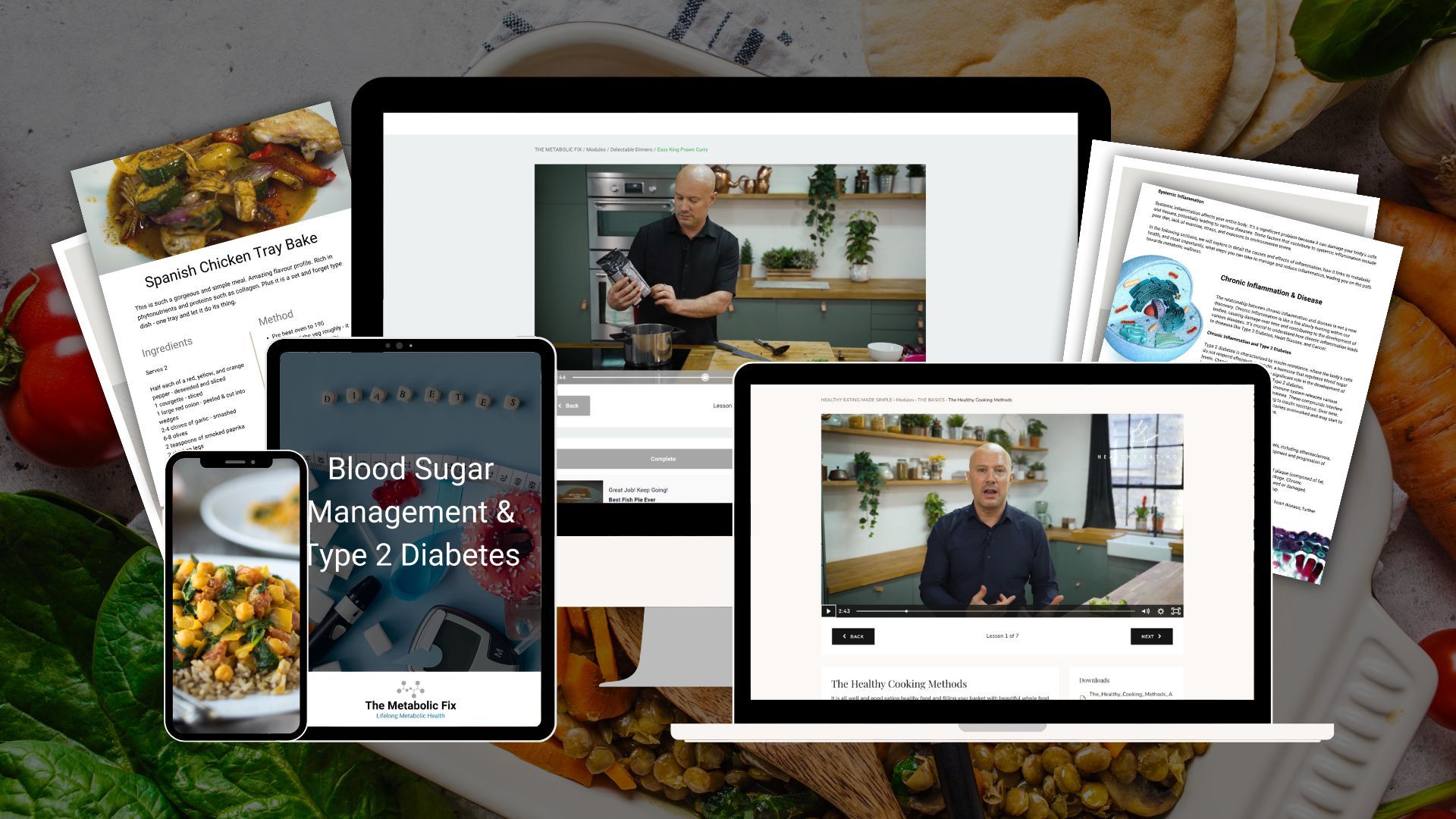3 Ways to reduce Sugar Cravings
Apr 15, 2021
Theres no escaping the fact that sugar has become the nutritional bogey man of the moment. Everywhere you look there is some mention of its many evils. Whilst some of this may well be hyperbole, it is pretty clear that reducing intake of refined sugar and excessive simple carbohydrates can benefit our health in several ways. With this in mind it is no surprise that many of you have asked me how to go about eating less, and particularly how to tackle the cravings head on. So for this piece, lets focus on that, managing cravings! These simple tools can help things along.
Stabilising blood sugar
Ok…I know how daft this sounds as a starting point considering the subject matter, but hear me out. Stabilising blood sugar is one of the cornerstones to nipping sugar cravings in the bud. The thing is, if we are eating a lot of high sugar foods and refined carbohydrates, then we are following a diet that pushes blood sugar up rapidly. These sugars require little digestive effort and as such get absorbed rapidly, sending blood sugar sky high. This is great at first as we get that energy burst. The sugar rush. This is short lived though as our body responds to this blood sugar surge by releasing the hormone insulin that tells our cells to take up more available glucose. The old saying kicks in here - what goes up must come down. This excess blood sugar is dealt with rapidly and blood sugar levels soon begin to crash back down to earth with a bump. When this happens we feel our energy levels crash and burn. When this happens what is a more likely scenario, we crave a nice protein based salad, or a strong coffee and some biscuits or something sweet to give us a ‘pick me up’. We are naturally geared to seek energy dense foods when our energy levels are flagging, and our brains have learned that sugary foods are a simple source of rapidly available energy. If however we choose these options, we repeat the process and we stay on the roller coaster of blood sugar peaks and troughs and cravings for simple carbohydrates. If however we make a shift in what and how we eat in order to stabilise blood sugar, then we can drastically turn down one of the big physical drivers behind sugar cravings.
So how do we do that? Well the first action you have taken when cutting down on the sweet stuff is a big one - avoiding high glycaemic foods in the first place. The sugary snacks, fizzy drinks, pastries, white bread, white rice, white pasta etc. Get those out and you are half way there. The second part of the picture is at every single meal, make protein and non starchy vegetables the stars of the show. Thing scrambled eggs and spinach on a small piece of multigrain toast for breakfast. A chicken salad for lunch, some oily fish with greens for dinner, and maybe small pieces of cheese or a protein bar as a snack. Protein takes a long time to digest, so the meal that you eat will take much longer to liberate its sugars. Couple this with the fact that there are low levels of simple sugars in such a meal means that your blood sugar will be drip fed instead of carpet bombed and your energy levels will dramatically even out and your cravings for simple energy sources will decline rapidly.
Chromium
I don't often talk about supplements as food is really my gig, but I am in total favour of supplements when taken in the right way with the right guidance. Chromium is one of those supplements that could really help you curb the cravings as your diet is transitioning. Studies around its effects are still conflicting and the full extent to which it works and all of the mechanisms behind how it works are still evolving. At present what we do know is that it is a vital part of Glucose Tolerance Factor. This is a substance that helps the body, as the name suggests, tolerate glucose better. This means it can better utilise glucose, particularly when levels are high as is the case with a sugar rich diet. So we have a double whammy here. First, it helps to minimise the long term risks of elevated glucose as it helps the body put it to use easily. The second part of the picture is that with better tolerance and utilisation, we have much less in the way of sudden crashes that arise from massive insulin spikes. By helping excess glucose turn into glycogen (the storage form) and be utilised by other pathways, there is less of a panicked response to it by the body. A supplement of around 200 micrograms a day is sufficient.
B vitamins
The final tool in the armoury are the B vitamins. This vital group of nutrients have such a broad range of influences in the body, but one of their biggest is upon carbohydrate metabolism. They are involved in ensuring the proper utilisation of carbohydrates and their conversion into ATP, the energy source of the cell. With sufficient B vitamins we can adequately process the glucose we have present. This means cells can better cope with extra glucose and not shut the doors in the cell too quickly, meaning we have a better tolerance to glucose long term. It also means that your body is better getting its energy demands met so the instinctive craving for simple energy dense foods is greatly diminished, with more effective ATP production.
You could certainly supplement with B vitamins, and something like a B100 once a day with lunch can be a great addition. Food sources include whole grains (remember, the carbs that you do eat need to be in smaller portion sizes relative to protein, and be low glycaemic whole grain varieties), green leafy vegetables, meats and fish.




